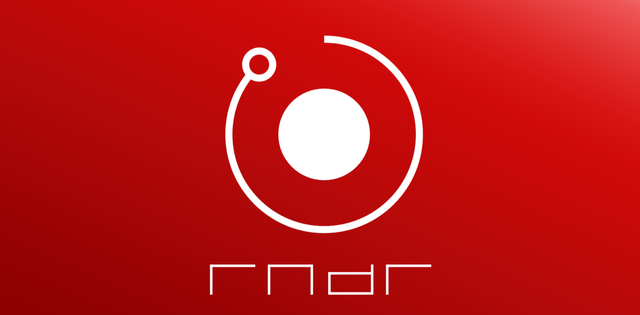
In this article, we'll discuss information about the Render Token project and RNDR token. What is Render Token (RNDR) | What is Rendertoken | What is RNDR token
What is RNDR?
RenderToken (RNDR) is a distributed GPU rendering network built on top of the Ethereum blockchain, aiming to connect artists and studios in need of GPU compute power with mining partners willing to rent their GPU capabilities out. Conceived in 2009 by OTOY, inc. CEO Jules Urbach and launched in 2017, RNDR held its first public token sale in October of that same year, followed by a private sale period lasting from January 2018 – May 2018, wherein a total of 117,843,239 RNDR were sold at a price of 1 RNDR = $0.25 USD equivalent of token. During the private sale period, early adopters were onboarded onto the RNDR Beta Testnet, where beta node operators and artists worked collaboratively with the RNDR team in building and testing the network, up until its public launch on April 27th 2020.
How does RNDR work
RNDR is an ERC-20 utility token used by artists on the network to exchange for GPU compute power from GPU providers (node operators). RNDR utilizes a combination manual and automatic proof of work system, or in this case proof of render, in order to verify all art has been successfully rendered prior to payment disbursal and art release. Utilizing the inherent security properties of the Ethereum blockchain, proprietary assets are hashed upon upload and sent to nodes piecemeal for rendering.
All RNDR payments are stored in escrow during rendering, and are released to node operators upon manual verification by the commissioning artist of successful work. To prevent malicious actors in both user bases, all assets rendered on the network are watermarked until payment is successfully disbursed, upon which time un-watermarked renderings may be downloaded, and all payment is held in escrow until manually verified as being correctly rendered.
Ethereum’s widespread adoption was the key to realizing our vision. Instead of GPUs being used to only mine currencies, we use their intrinsic function to render and leverage the features of the blockchain: network, incentives and trust.